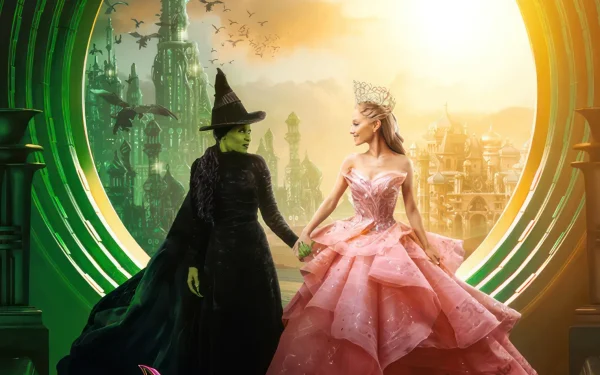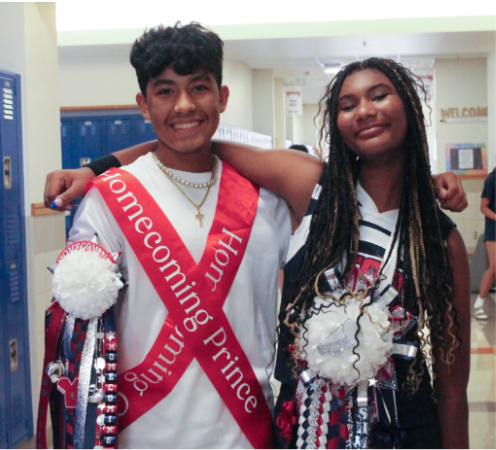Minority Representation in Media: Helpful or Harmful?
CENTENNIAL HIGH SCHOOL- A lot has changed in society in the last 50 years. Not just in America, but in the world as a whole. In the last half century, tolerance and appreciation of diversity has skyrocketed to heights that many would have doubted was possible in the past. In the cultural melting pot that is America, this is especially true.
Now more than ever before we are seeing the rise of representation of the minorities of the country in perhaps one of the most influential sources- the media. However, it is important to note the nature of that representation, and ask ourselves, “How beneficial really is this representation?”
Perhaps one of the most popular “inclusive” shows of the year is Mindy Kaling’s Never Have I Ever, a show known for promoting representation of several different minority groups. And granted it does do that… for the most part. Although Never Have I Ever goes a long way in normalizing representation of people of all different backgrounds in television, a lot of the representation of communities it portrays is riddled with stereotypes. The main character herself, Devi Vishvakumar, is written to shine a spotlight on the issues that Indian-Americans go through in America. However, Never Have I Ever does not portray these issues well, as the behaviour of many of the characters is based on sterotypes, and as the show implies that all Indians teenagers living in America feel the same way about their culture, which is simply not true.
If anyone has been keeping up with the trends in these past couple months, they have almost definitely heard of Squid Game. One of Netflix’s highest charting original premieres of the year, it absolutely blew up when it was released in September of 2021. In completely blunt terms, no one expected a non-western show such as Squid Game to blow up the way it did in the American market. But it did, and with it it brought a new perspective of Asian identities. Squid Game has contributed to East Asian representation in a way that very few shows have before; because by portraying the characters in the show as complex and compelling characters, it helps break the stigma that POC’s identity lies solely in their ethnicity. Additionally, the portrayal of minorities within the location of the show, mainly shown through the character Ali, is extremely well shown. Unlike many other shows in the media today, Squid Game uses Ali’s culture to help build and give the character depth, instead of using his culture as his whole identity, and without playing into known stereotypes.
Although some may argue that at the end of the day, all representation is good representation, it is important to recognize that some of this representation pushes overplayed stereotypes for POC. This can ultimately do more harm than good as it pushes the idea that POC are defined by their race. Both producers and audiences need to be mindful when it comes to representation and make sure that they are portraying minority characters as more than their minority identity.

Hi! My name is Riya Patwardhan. I am currently a senior and this is my third year on the Newspaper staff and second year as Editor-in-Chief. In my free...












